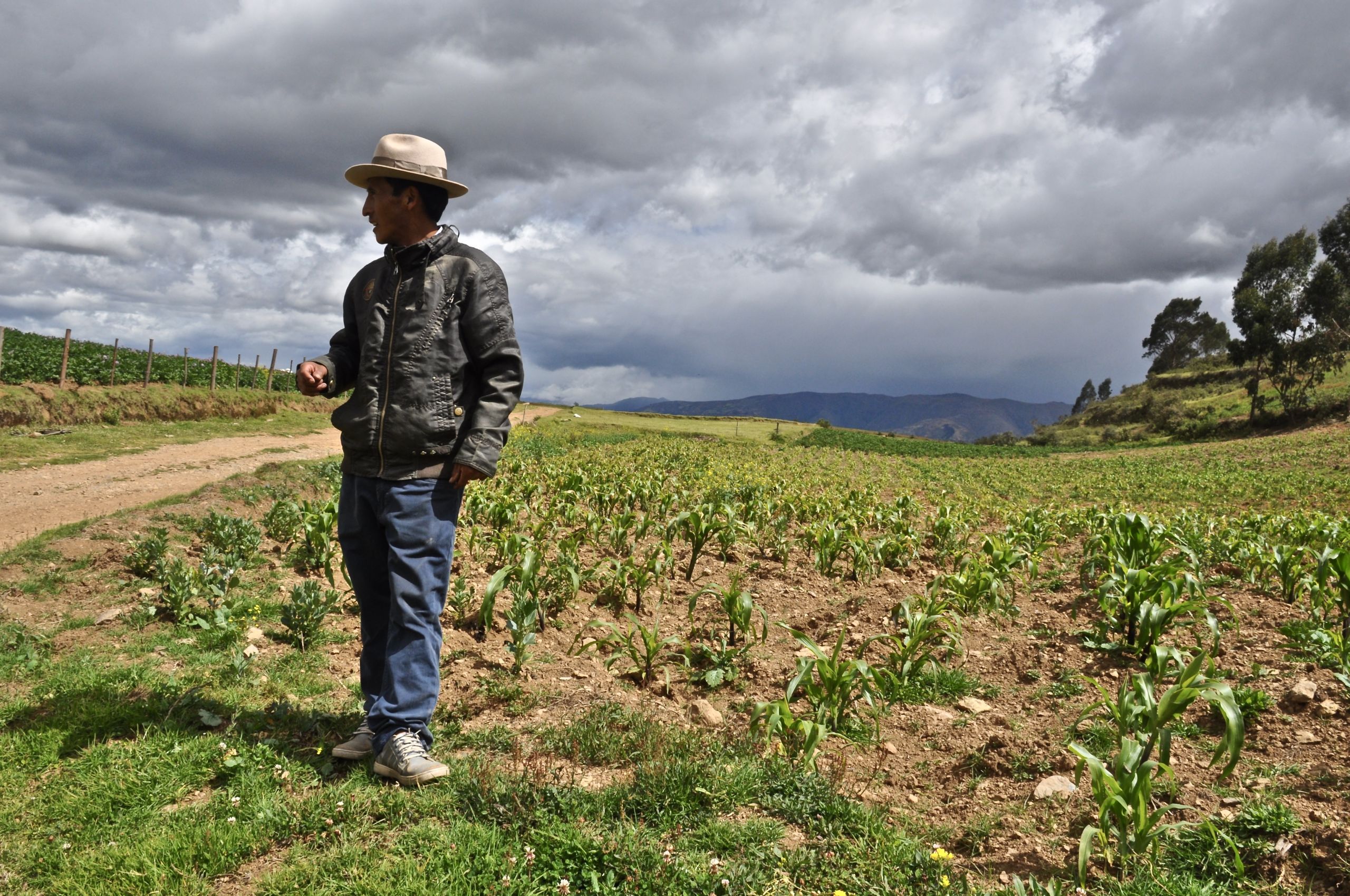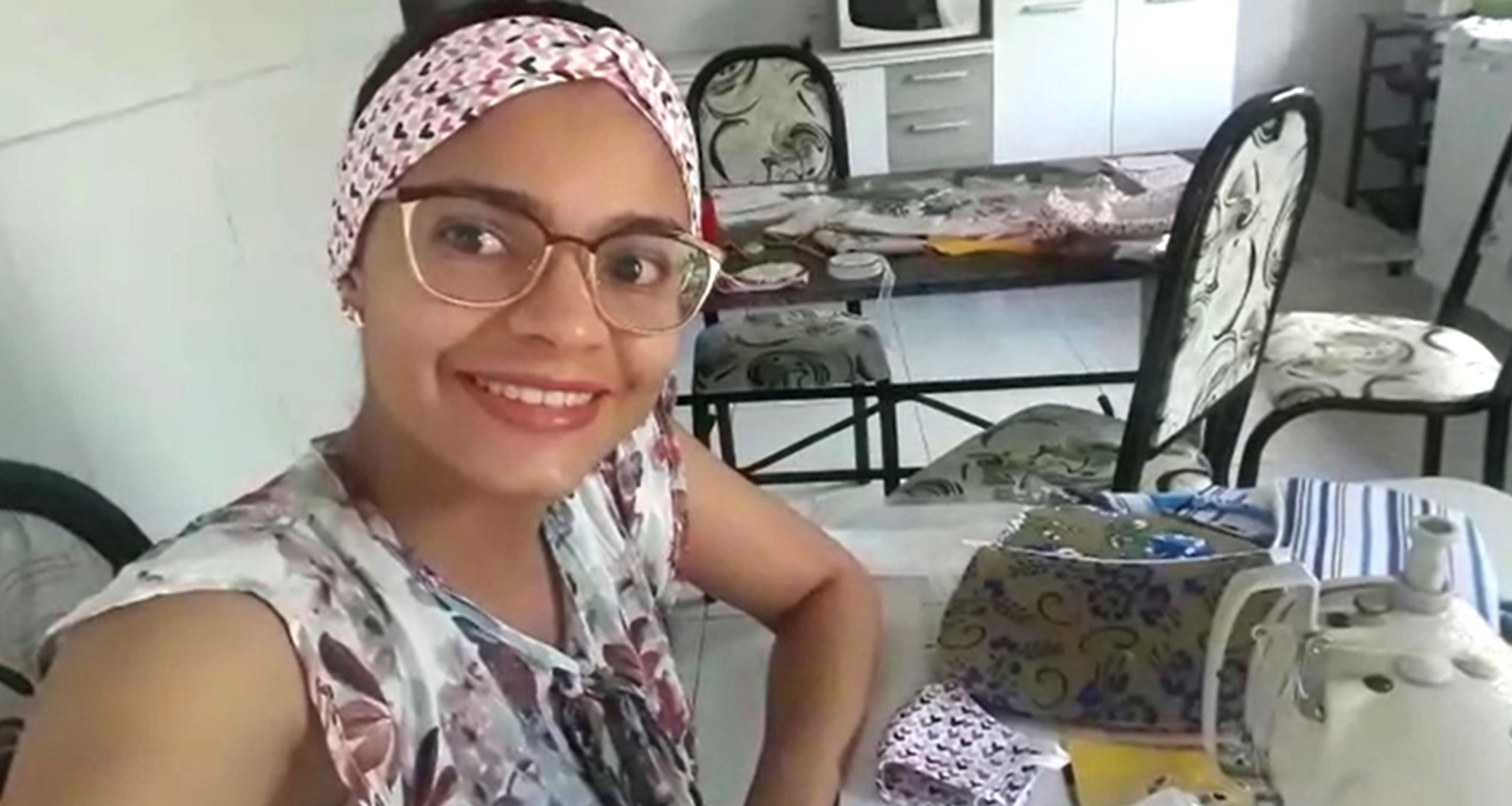IN FOCUS
Leaving no one behind

Inequality, exclusion and power imbalances are major impediments to reaching the SDGs. Entrenched inequalities are unacceptable from a human rights perspective and run counter to the central tenet of the 2030 Agenda for Sustainable Development – to leave no one behind.
In 2020, in the midst of a pandemic particularly harmful to the livelihoods of vulnerable groups, we took a range of steps to build further on our work to ensure no one is left behind.
Call to action
Rural people continue to be among those most likely to be left behind. Clearly, the world cannot afford to have this situation persist if the ambitions of the 2030 Agenda are to be realized.
With the right conditions and the right investments, IFAD’s experience shows that rural people can empower themselves and be protagonists for the sustainable development of their communities and nations.
Involving young people throughout our work
In keeping with one of the core commitments of IFAD’s Rural Youth Action Plan , we are doing more to consult with young people and involve them in all aspects of our projects. Building on a series of consultations with youth representatives from across the world, in 2020 we started activities for a “grass-roots approach to connecting youth voices to action”.
The new approach will enable IFAD to seize the opportunity to have more young people participate as partners and make our programming more responsive to young people’s needs and views through a well structured and tailored engagement process.

@IFAD/Guy Star
@IFAD/Guy Star
“During the seven months I’ve worked here, I’ve paid my school fees, I’ve paid for my computer certificate and computer diploma. I’ve paid for my younger sibling’s school fees…I’ve helped my parents.”
Partnering with indigenous peoples
Preparations for the Fifth Global Meeting of the Indigenous Peoples’ Forum at IFAD took place in October and November of 2020. More than ten times as many participants from indigenous peoples’ groups were involved than in previous editions. Indigenous people’s organizations in Africa, Asia, the Pacific, Latin America and the Caribbean gathered virtually to share experiences at 14 regional and sub-regional meetings that focused on “the value of indigenous food systems: resilience in the context of the COVID-19 pandemic”.
“For indigenous peoples to be secure, for nutrition to be possible, the security of land and natural resources must be a priority.”
Advancing successes in empowering women
In 2020, we ensured rural women were at the forefront of pandemic response and recovery. We did this through activities such as supporting new income-generating opportunities, protecting women’s already established businesses from the impacts of the pandemic, and by involving women directly in the health and safety of their own communities.

©IFAD/Kelly de Melo Santos Nova Brasilia Association
©IFAD/Kelly de Melo Santos Nova Brasilia Association
“We are manufacturing masks, turbans and necessities. All of this was made possible by the Dom Távora Project, financed by IFAD, which provided us with training and all the necessary raw materials. And so, in the midst of this pandemic, we are managing to have our income.”
Making disability inclusion a priority at IFAD
IFAD started collecting disaggregated data on persons with disabilities in five IFAD-supported projects using the Washington Group on Disability Statistics on a pilot basis. A three-year grant initiative was approved to pilot innovative disability inclusion approaches in a number of selected IFAD-supported projects and promote broader leaning.
Already, existing IFAD projects, by reaching out to persons with disabilities and their organizations, are showing positive results. For example, in Senegal 300 members of organizations of persons with disabilities have been trained by IFAD and its partners in vocational and business skills.
“I learnt a profession. It is with my job I feed my family. All my kids are going to school. Sometimes I even have more means than non-disabled guys.”

